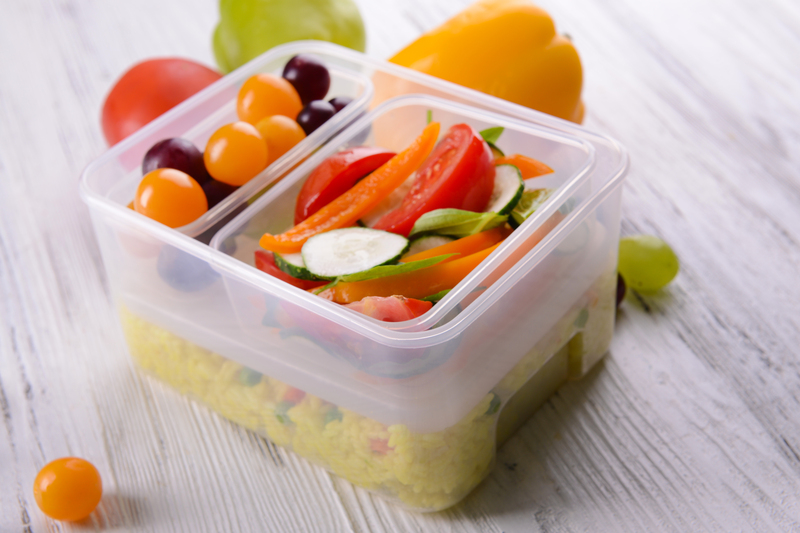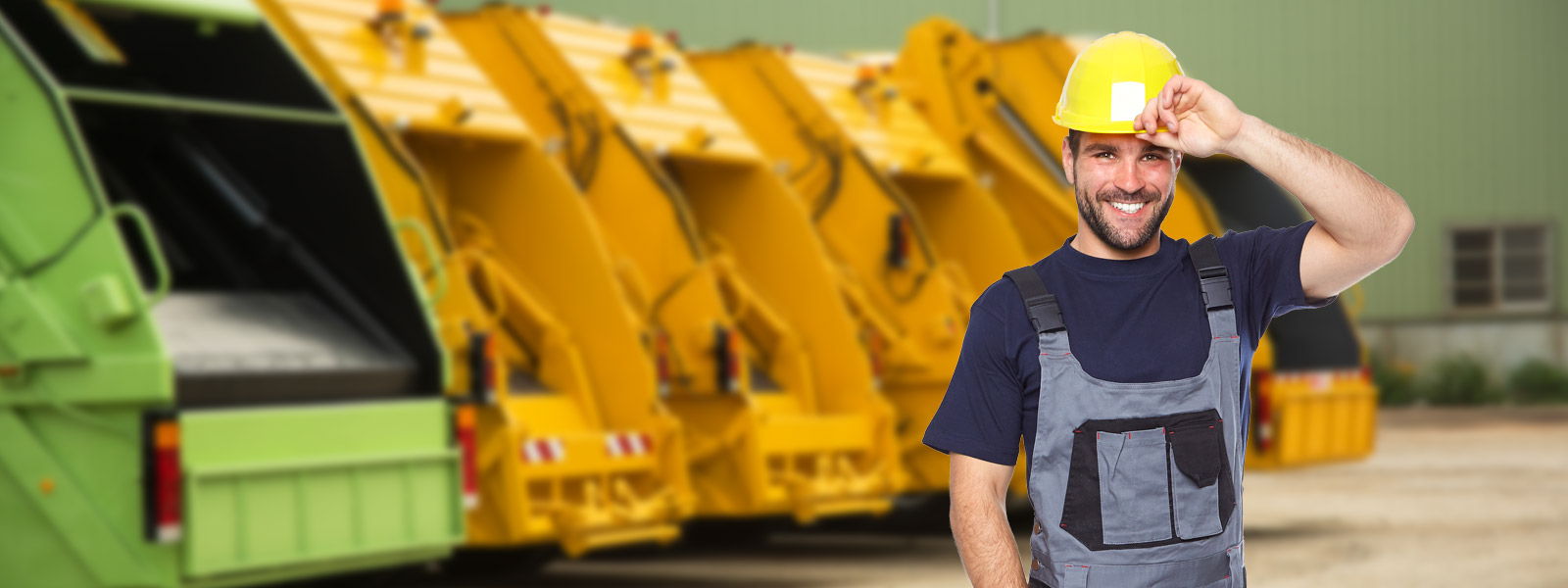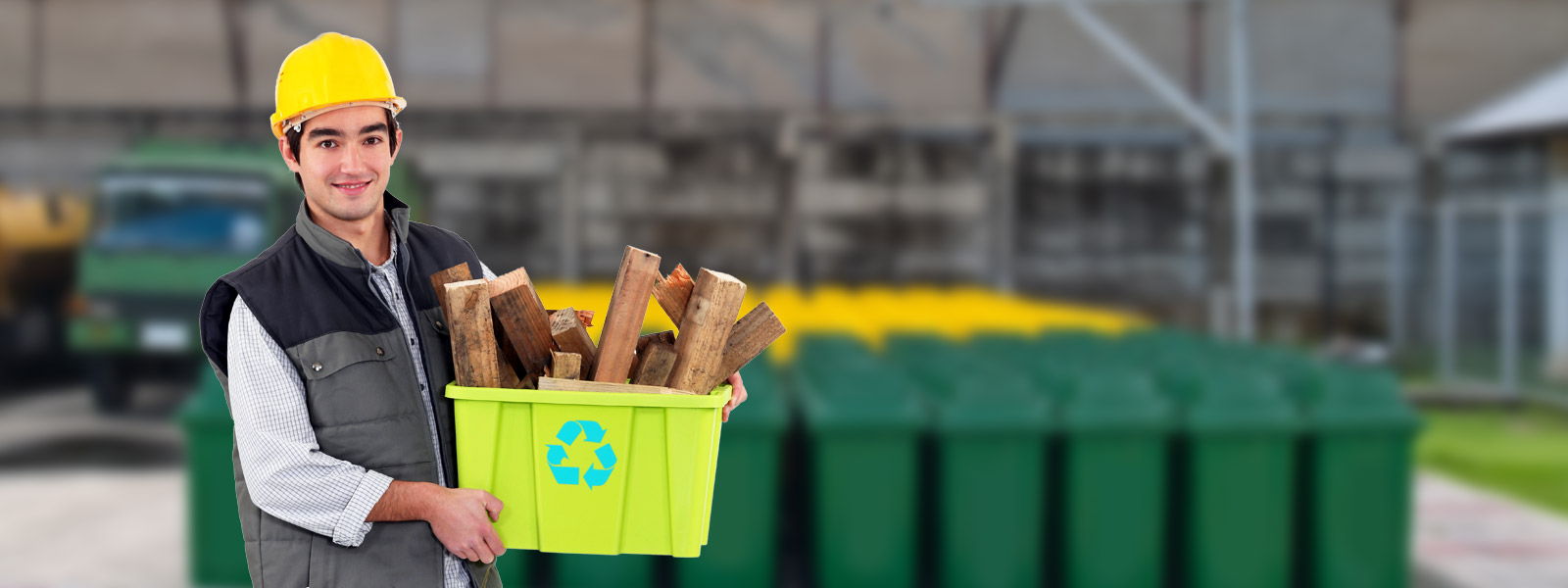Simple Steps to Curtail Your Use of Plastic Products
Posted on 28/10/2025
Simple Steps to Curtail Your Use of Plastic Products
Plastic pollution has emerged as one of the most pressing environmental issues of our time. With millions of tons produced annually and a significant portion ending up in oceans and landfills, reducing plastic consumption is vital for a sustainable future. If you're inspired to make a difference, curtailing your use of plastic products is a powerful step. In this comprehensive guide, we'll explore simple and effective steps to reduce plastic usage in your daily life, offering practical tips and insightful information for environmentally conscious readers.

Why Is It Important to Reduce Plastic Consumption?
From packaging and single-use items to household goods, plastics permeate our modern lifestyles. Unfortunately, most plastics are not biodegradable, contributing to long-term pollution. Reducing plastic use helps:
- Protect Oceans & Wildlife: Plastic debris injures or kills marine and terrestrial animals.
- Preserve Natural Resources: Limiting plastic demand decreases fossil fuel extraction.
- Mitigate Human Health Risks: Microplastics have entered the food chain, posing health hazards.
- Reduce Landfill Overflow: Plastics take centuries to break down, clogging landfills worldwide.
Preventing plastic pollution begins with individual action.
1. Say Goodbye to Single-Use Plastics
One of the easiest ways to reduce plastic waste is by eliminating single-use plastic products from your routine. Items like plastic bags, straws, cutlery, and water bottles are often used for minutes but persist in the environment for years.
Actionable Tips:
- Carry a reusable tote or fabric bag when shopping.
- Opt for stainless steel, bamboo, or glass straws instead of plastic disposables.
- Keep a set of reusable cutlery at work or in your bag for meals on the go.
- Invest in a reusable water bottle; stainless steel or glass options are durable and safe.
Each small switch curtails your use of unnecessary plastics and sets a positive example for others.
2. Rethink Food and Beverage Packaging
Food and beverage packaging accounts for a significant portion of plastic waste. From cling wrap to plastic containers, much of it is discarded after a single use. Reducing your dependence on plastic food packaging is a crucial step towards environmental sustainability.
Simple Ways to Cut Down:
- Buy in bulk using your own containers, eliminating the need for individually wrapped items.
- Choose products in glass jars, metal tins, or cardboard boxes instead of plastic-wrapped alternatives.
- Bring your own reusable produce bags for fruits and vegetables at the supermarket.
- Avoid plastic-packaged convenience foods; prepare meals at home to minimize packaging waste.
- Opt for compostable or biodegradable wraps, such as beeswax wraps, instead of cling film.
Every packaging choice impacts your total plastic footprint.
3. Choose Alternatives to Everyday Plastic Products
Many everyday products have eco-friendly alternatives. Switching from plastics to sustainable materials can be easier than you think, often resulting in better quality and longevity.
Top Alternatives to Consider:
- Bamboo toothbrushes instead of plastic ones.
- Bar soap and shampoo bars in cardboard packaging, as opposed to liquid soaps in plastic bottles.
- Cloth or mesh produce bags instead of single-use plastic bags.
- Compostable trash bags for kitchen and bathroom waste.
- Glass storage containers for leftovers and lunches.
- Aluminum foil or silicone baking mats in place of plastic wrap and parchment paper.
Innovative, sustainable product options are growing daily.
4. Be Mindful When Shopping
Every purchase you make is an opportunity to curtail plastic consumption and support businesses committed to sustainability. Becoming a conscious consumer is a powerful strategy in the fight against plastic pollution.
Shopping Habits That Reduce Plastic Use:
- Research brands and seek out those with minimal or plastic-free packaging.
- Support local farmers' markets, where produce is less likely to be packaged in plastic.
- Choose refillable or bulk products--from cleaning solutions to pantry staples.
- Avoid impulse buys of cheaply made plastic goods that end up as clutter.
- Look for certification labels such as 'Plastic-Free' or 'Zero Waste.'
Your money talks: let it speak in favor of a cleaner planet.
5. Reduce Plastic Use in Personal Care and Cleaning Products
Hidden plastics in personal care and household cleaning items often go unnoticed. From microbeads to packaging, these products can contribute insidiously to plastic pollution.
Eco-Friendly Swaps Include:
- Natural loofahs or wooden brushes in place of plastic sponges.
- Powdered or tablet form detergents in cardboard packaging instead of liquid in plastic bottles.
- DIY cleaning solutions with vinegar and baking soda, cutting out plastic packaging altogether.
- Bar soaps and shampoos for both personal care and pet care.
- Reusable cleaning cloths rather than single-use wipes.
Switching out these hidden plastics provides a big impact with little effort.
6. Get Involved with Community Initiatives
Reducing your own plastic use is important, but your influence can extend even further. Joining community efforts amplifies your impact and helps foster a culture of environmental responsibility.
Ways to Contribute Locally:
- Participate in local clean-up events targeting plastic waste in parks, rivers, and beaches.
- Support or initiate recycling education programs in schools and community centers.
- Advocate for local policy changes to ban or limit single-use plastics.
- Encourage your favorite businesses to adopt plastic-free policies and packaging.
- Join or form a zero waste group to share resources and inspiration.
Building a support network can make plastic reduction feel rewarding and less overwhelming.
7. Practice Proper Plastic Recycling
Reducing plastic use is ideal, but recycling remains necessary for unavoidable items. Effective recycling keeps plastic out of landfills and the environment.
Tips for Recycling Success:
- Learn what types of plastics your local facility accepts; check numbers on the bottom of containers.
- Rinse out containers before recycling to avoid contamination.
- Never recycle plastic bags curbside; take them to designated collection points.
- Avoid 'wishcycling'--don't recycle items you're unsure about.
- Reuse plastic containers whenever possible before discarding.
Remember: Recycling is good, but reducing and reusing are better!
Advanced Steps For the Enthusiastic Reducer
If you're motivated to minimize your reliance on plastics even further, consider these advanced strategies:
- Make your own products: From snacks to toiletries, homemade items eliminate packaging altogether.
- Shop secondhand or swap goods to avoid buying new plastic items.
- Start composting to reduce trash and avoid using plastic trash bags.
- Install a home water filter to skip bottled water for good.
- Reduce online shopping to limit plastic packaging and shipping waste.
Every step, big or small, makes a difference in curbing plastic usage.
Understanding the Challenges of Plastic Reduction
Completely eliminating plastics from modern life may not be realistic for everyone. Many products, especially in medical and safety applications, still rely on plastic for good reasons. However, being mindful and making intentional choices greatly reduces your overall plastic footprint.
- Acknowledge your progress, and seek balance--aim for progress, not perfection.
- Encourage those around you through positive example and sharing knowledge.
- Stay updated on new innovations that make living plastic-free easier.
Don't be discouraged by occasional setbacks--every effort to reduce plastic counts.
Benefits of Using Less Plastic
Taking steps to reduce your use of plastic products brings benefits beyond environmental protection:
- Healthier Living: Fewer plastics mean less exposure to harmful chemicals like BPA and phthalates.
- Cost Savings: Reusable alternatives eliminate ongoing purchases of disposable items.
- Minimalism & Simplicity: Fewer unnecessary products lead to a cleaner, more organized home.
- Personal Empowerment: Taking action fosters a sense of control and accomplishment.
- Legacy: You help create a cleaner, safer planet for future generations.
Conclusion: Start Reducing Your Plastic Use Today
Curtailing your use of plastic products is a journey filled with learning and growth. By implementing the simple steps outlined above, you'll reduce your plastic footprint, protect the environment, and inspire those around you. From replacing single-use items to advocating for community-wide change, every action matters.
Remember: it's not about being perfect--it's about making better choices, one day at a time. Start small, stay committed, and watch as your contribution helps build a cleaner, greener world for all.

Frequently Asked Questions
What are some easy swaps for beginners?
- Reusable shopping bags for groceries and errands.
- Stainless steel or glass water bottles instead of buying bottled water.
- Bamboo toothbrushes.
- Bar soap over liquid soap in plastic bottles.
Is recycling plastic really effective?
Recycling is important, but it's not a cure-all. Only a small percentage of plastic actually gets recycled. The best strategy remains to reduce, reuse, and choose sustainable alternatives wherever possible.
Can plastic-free living save money?
Yes! Investing in reusable products often costs less over time, eliminating the need for ongoing disposable purchases.
How can I encourage my family to use less plastic?
Lead by example, share successes, and involve them in eco-friendly decisions. Choose fun and convenient alternatives together to make the process enjoyable.
Start Your Plastic-Free Living Journey Now
It's easy to feel overwhelmed by the ubiquity of plastics, but simple daily actions can drastically curtail your use of plastic products. With commitment, mindfulness, and community support, a plastic-free lifestyle is within everyone's reach.

 020 3744 6462
020 3744 6462 020 3744 6462
020 3744 6462




 House clearance
House clearance Rubbish collection
Rubbish collection





